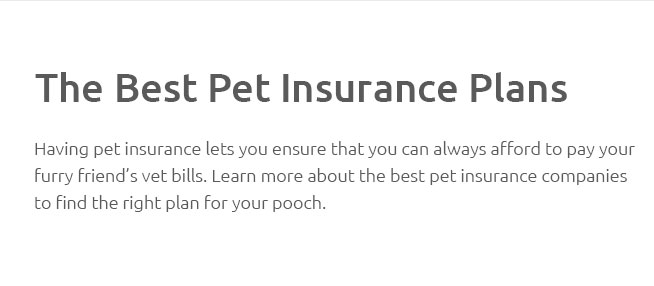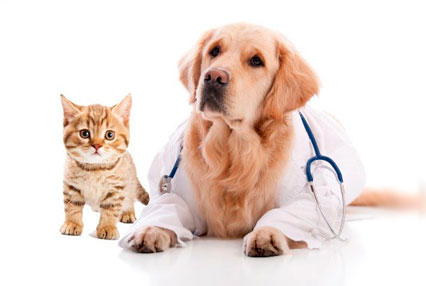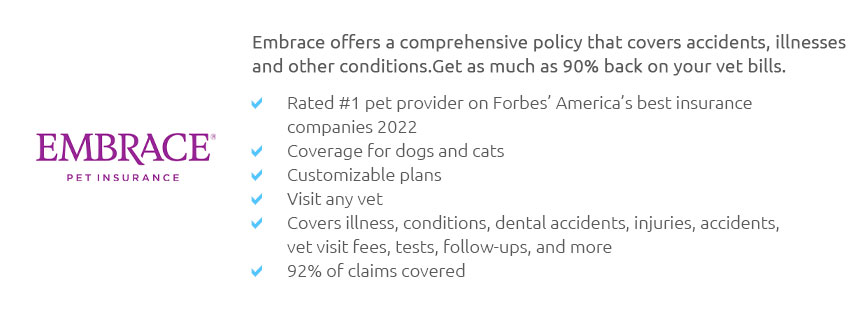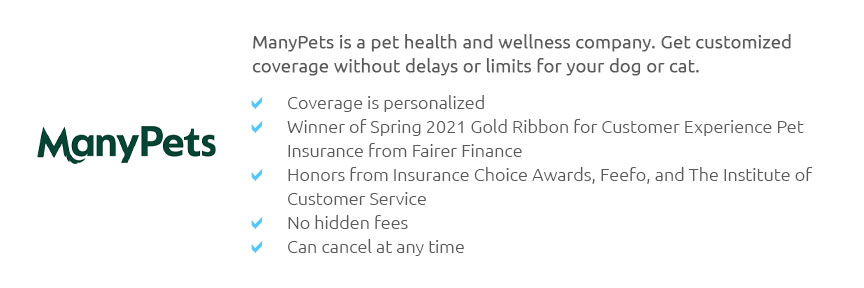 |
 |
 |
 |
 |
|
 |
|
 |
|
 |
|
 |
|
 |
|
 |
|
 |
 |
Exploring Pet Insurance Companies in Illinois: What to ExpectAs pet ownership continues to flourish across the United States, Illinois stands out with its vibrant community of pet lovers who are increasingly seeking ways to ensure the well-being of their furry companions. One avenue through which this concern is expressed is pet insurance. The market for pet insurance in Illinois is both competitive and diverse, featuring a plethora of companies offering a range of policies that cater to different needs and budgets. While the concept of insuring pets might seem novel to some, it has rapidly gained traction as pet owners recognize the benefits of safeguarding against unforeseen veterinary expenses. This article delves into the landscape of pet insurance in Illinois, highlighting what potential policyholders can expect when navigating this essential facet of pet care. When considering pet insurance in Illinois, it is crucial to understand the variations in coverage options. Broadly speaking, policies can be categorized into accident-only plans, which are relatively affordable and cover injuries resulting from accidents; illness plans, which encompass a wider range of health issues including chronic diseases and infections; and comprehensive plans that provide the most extensive coverage by including both accidents and illnesses, often accompanied by wellness and preventative care options. The choice between these depends largely on the age, breed, and existing health conditions of the pet, as well as the owner's budgetary constraints and peace of mind. Several prominent pet insurance companies operate within Illinois, each offering unique benefits and drawbacks. Among them, Nationwide is known for its wide-ranging coverage options and reputable customer service, making it a popular choice among pet owners who prefer a robust policy with few exclusions. Healthy Paws stands out for its straightforward policies with no annual or lifetime caps, appealing to those who seek simplicity and reliability. Meanwhile, Trupanion offers customizable plans with the flexibility to adjust deductibles and reimbursement levels, allowing pet owners to tailor their insurance to suit their financial capabilities and risk tolerance. While exploring these options, pet owners should be mindful of several factors that can significantly impact their insurance experience. The cost of premiums is an obvious consideration, influenced by factors such as the pet’s breed, age, and location. Additionally, the specifics of coverage, including the percentage of reimbursement and any caps on payouts, should be thoroughly scrutinized. It is also wise to investigate the company’s reputation regarding claims processing, as a smooth and efficient claims process can alleviate stress during emergency situations. Subtle nuances, such as the waiting period for coverage to commence and any exclusions for pre-existing conditions, are critical to understand to avoid future disappointments. In Illinois, the value of pet insurance is underscored by the state’s diverse climate and geography, which pose unique challenges to pet health. From the bustling urban environments of Chicago, where pets may encounter traffic-related accidents, to the rural expanses where wildlife and environmental hazards are more prevalent, having a safety net in the form of insurance can provide significant reassurance. Moreover, with veterinary costs on the rise, particularly for specialized treatments and surgeries, insurance offers a financial buffer that can make high-quality care accessible without compromising the owner's financial stability. In conclusion, pet insurance in Illinois represents an essential investment for conscientious pet owners who prioritize the health and safety of their beloved animals. By carefully evaluating the myriad options available and aligning them with their pet’s specific needs and their own financial circumstances, owners can ensure that they are well-prepared for any eventuality. As the market continues to evolve, staying informed about the latest developments and policy offerings will be key to making the best possible decision for both pet and owner alike. Frequently Asked QuestionsWhat is the average cost of pet insurance in Illinois?The average cost of pet insurance in Illinois varies depending on the type of coverage, the pet's breed, age, and health. Generally, premiums can range from $20 to $60 per month for dogs and $10 to $30 for cats. Are pre-existing conditions covered by pet insurance in Illinois?Most pet insurance policies in Illinois do not cover pre-existing conditions, which are health issues noted before the start of the policy. It's important to review each insurer's policy details to understand their specific terms and exclusions. How do I choose the right pet insurance policy?Choosing the right pet insurance policy involves comparing coverage options, premium costs, reimbursement rates, and customer reviews. Consider your pet's specific health needs and your financial situation when making a decision. Is there a waiting period for pet insurance coverage in Illinois?Yes, most pet insurance policies have a waiting period before coverage begins, which can range from a few days to several weeks, depending on the insurer and the type of coverage. It's essential to verify this period when selecting a policy. Can I insure multiple pets under one policy in Illinois?Many insurance companies in Illinois offer multi-pet discounts, allowing you to insure multiple pets under separate policies with a reduced premium. However, each pet typically requires its own policy. https://www.embracepetinsurance.com/state/pet-insurance-illinois-il
No 0G89328) and underwritten by one of the licensed insurers of American Modern Insurance Group, Inc., including American Modern Home Insurance Company d/b/a in ... https://www.lemonade.com/pet/explained/illinois-pet-insurance-guide/
As of 2025, the average estimated cost of Lemonade pet insurance in Illinois ranges from roughly $40 to $44 a month, depending on factors like your pet's ... https://www.pawlicy.com/pet-insurance-usa/il/
No, in Illinois you do not legally have to get pet health insurance for your dog (or cat). It's an optional tool to protect against unexpected veterinary costs ...
|